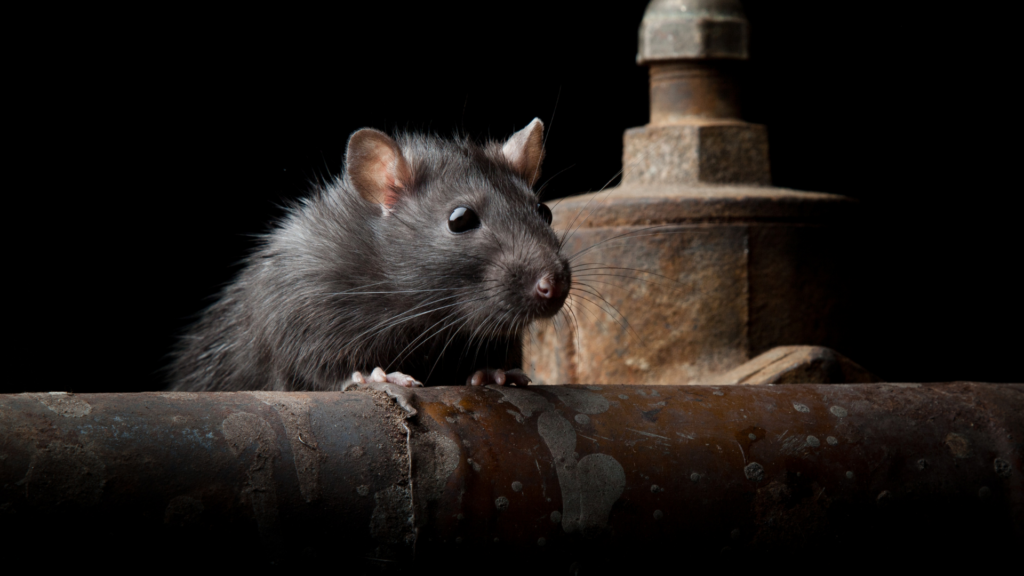Getting rid of rats and insects is like a bonus in addition to well-flowing and clean pipes
Only when we notice symptoms of a blocked drain, such as slow-flowing sinks or a rotten smell, do we pay attention to the importance of the plumbing. Our biological products solve these problems once and for all. If you’ve ever had to open a drain in your home and remove hair or other blockages from the drain, you’ve probably noticed a nasty layer of sludge in the pipe. Over time, this layer will continue to grow, reducing the performance of the entire wastewater system. The most common solution is to run to the nearest shop and buy a chemical drain opener. While these products may help in the short term, they are a bigger challenge in the big picture. The millions of litres of chemical drain openers poured into sewers every year place a significant burden on wastewater treatment plants and the environment.
Grease is by far the most difficult source of deposits because it is not water-soluble and easily adheres to the pipe surface. Each time a sewer is used, more material accumulates in the pipes. Without pipe maintenance, the layer thickens over time, eventually causing blockages and flooding. When organic waste starts to decompose, an unpleasant smell starts to develop. The smell, similar to the stench of a rotten egg, is very unpleasant. It also attracts a variety of insects, such as butterflies and banana flies, giving an unhygienic overall appearance to any home, professional kitchen or restaurant. Eventually, food waste that gets stuck in the pipes can attract rats.
Get rid of rats with SmartPipes BL-20 microbial solution
The first step in pest control is always to try to identify the pest. The most common pests, apart from rats and mice, are wasps, moths, moths, birds, lutches, ants, sugar and oven mites, cockroaches and fur beetles. One of the ways to control rodents is to follow these guidelines.
We have developed a biological microbial solution for the market that can also effectively tackle the rat problem. Already hundreds of properties in Finland are using our product to maintain their plumbing and keep out harmful rats and insects.
– The root cause of the rat problem is in particular organic waste and the food waste that people flush down the drain. Not all the waste is flushed out of the pipe at once, but the rat goes into the pipe after the food. Our microbial solution BioTroop BL-20 breaks down and eats organic waste, which is made up of different types of fat, oil and grease (FOG). The bio-solution forms a slippery biofilm on the surface of the tube, which significantly improves the flow of the tube, helping, for example, food scraps such as macaroni pieces that rats find to eat to flow out of the tube and away from the rats,” says Mikko Eskola, our Product Development Manager.
– BioTroop BL-20 also extends the life of the piping system, paying for itself in cost benefits, improved occupant comfort and extended maintenance intervals. Getting rid of rats and insects is like a bonus in addition to well-flowing and clean pipes,” Eskola continues.
Our proprietary, indigenous and all-natural microbial-based Biotroop BL-20 pipe conditioner contains bacterial strains that destroy fats and oils. The removal of organic matter from the pipeline therefore reduces the potential damage caused by pests. When the microbes have done their work, they leave behind only water and carbon dioxide. The ecologically intelligent nature of the product makes it superior for plumbing treatment when regularly dosed.

A checklist for keeping rats and other rodents at bay:
- Check doors, windows and walls for unnecessary nooks and crannies. Seal with a net. For example. a mouse goes through a few centimetres of a hole.
- Prevent rodents from entering rubbish bins and compost bins. Pay attention to the cleanliness of containers and the proper disposal of food waste.
- Keep the kitchen, dining and barbecue areas tidy and food tightly hidden.
- Do not pour any food waste down the drain to feed rats (and insects). Food waste thrown down drains also causes problems in the maintenance of pipelines.
